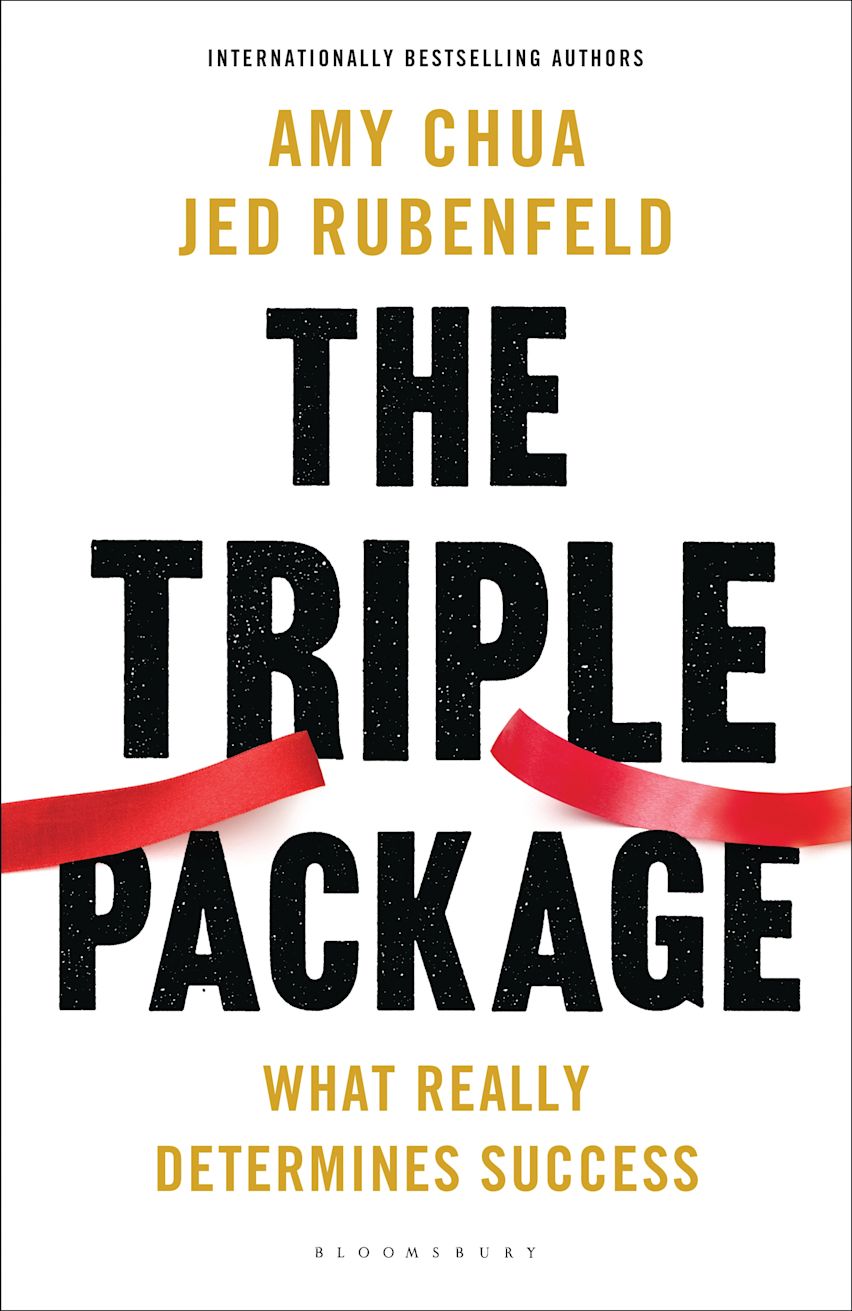Book Reading Summary – The Triple Package
Core Idea
The Triple Package argues that certain cultural groups in America outperform others because of a unique combination of three traits:
1. A superiority complex
2. Insecurity
3. Impulse control
Amy Chua and Jed Rubenfeld claim this “motivational cocktail” fuels ambition, discipline, and long-term success. However, these traits are also unstable and can harm mental health, happiness, or social cohesion.
The book focuses on immigrant group performance in the U.S., showing how these three traits — when reinforced by cultural narratives — drive individuals and families to succeed against the odds.
“In America today, some groups succeed far more than others. Americans are uncomfortable with this fact. But this country’s most prominent success stories follow a strikingly consistent pattern.”

Personal Frank View
This is an ambitious and controversial book. It shines when discussing the psychology of drive and sacrifice among immigrant families. Its strongest ideas come from blending cultural observation with individual psychology — not just data.
But it often walks a tightrope: some arguments sound like stereotypes, and the empirical support is uneven. This is a book to think with, not agree blindly with.
Useful for anyone reflecting on success, values, and inequality — but best read with critical distance.
Chapters Summary
Chapter 1: The Triple Package
“The Triple Package is a combination of three cultural traits: superiority, insecurity, and impulse control.”
The core thesis. Success isn’t genetic or random. It’s driven by these three traits — often cultivated in tight-knit communities or immigrant families. These traits create high expectations, internal pressure, and strong discipline. But they must coexist — none works alone.
Chapter 2: Who’s Successful in America
“Success isn’t distributed evenly. And it isn’t always fair.”
The authors review success patterns across different ethnic groups. They highlight data on education, income, and elite representation. Groups like Jews, Chinese-Americans, Mormons, Indians, Nigerians, and Cubans are used as case studies.
The Triple Package appears repeatedly — especially among those facing pressure, exclusion, or legacy expectations.
Chapter 3: Superiority Complex
“A deeply internalised belief in group exceptionalism can fuel extraordinary ambition.”
Cultural myths and stories (e.g., “chosen people,” “survivors,” “moral elite”) instil a belief in being exceptional. This creates confidence and long-term goals. But it may also create arrogance or social distance if not tempered by empathy.
Chapter 4: Insecurity
“The paradox is that people who feel superior also feel they’re not good enough.”
Insecurity is the hunger to prove oneself. Many high-performing groups feel culturally excluded, undervalued, or threatened. Parents often pass down fear of failure. This insecurity drives effort — but it also fuels anxiety and self-doubt.
Chapter 5: Impulse Control
“The ability to delay gratification is a hallmark of long-term achievement.”
Impulse control — the ability to resist temptation, endure discomfort, and persist — is key. It’s cultivated through religious teachings, strict parenting, and long-term orientation.
Without this trait, superiority or insecurity turn into entitlement or burnout.
Chapter 6: The Underside of the Triple Package
“Triple Package traits create drive. But they don’t always create peace.”
This chapter addresses the dark side. High expectations can lead to mental illness, family tension, perfectionism, and cultural rigidity. Many children raised under these pressures achieve success but feel emotionally hollow or disconnected from their own desires.
Chapter 7: IQ, Institutions, and Upward Mobility
“Raw intelligence matters — but it’s not enough.”
This chapter explores what else contributes to long-term success. IQ, stable institutions, and social capital matter — but they don’t explain the variance in ambition. The Triple Package offers a motivational framework that complements structural factors like school quality or legal stability.
Chapter 8: America
“Mainstream American culture has lost its hunger.”
In the final chapter, the authors argue that traditional American values once mirrored the Triple Package — but have now faded.
Discipline has eroded, self-esteem is overemphasised, and long-term striving has declined.
They argue that if America wants to remain dynamic, it must rediscover some of the cultural values that push people beyond comfort.